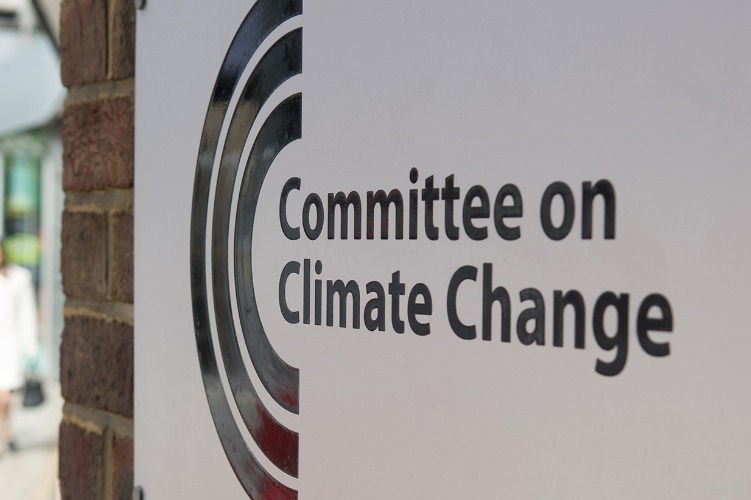Govt urged to bring down electricity bills in the UK

The chief of the independent body that advises the United Kingdom government on climate change has said efforts to meet green targets are being hamstrung by the high price of electricity.
Steps, such as encouraging bill payers to switch from gas boilers to heat pumps and the increased use of electric vehicles, or EVs, are seen as key to moving the country toward its legally-binding net-zero emissions target date of 2050.
Piers Forster, the interim chair of the Climate Change Committee, told the Financial Times that although the country was making progress on the development of renewable energy, the high cost of electricity was holding back greater advances.
"The very best way to stimulate demand (for heat pumps) is, of course, trying to reduce the price of electricity compared to gas," he said. "If you can reduce the price of electricity, you can then really make heat pumps and electric vehicles and electrifying industries more attractive."
Particularly since the outbreak of the Russia-Ukraine conflict in early 2022, energy prices have been a significant political and social issue in the UK.
In 2023, a study of the 38 member nations of the Organisation for Economic Co-operation and Development carried out by the International Energy Agency found that the UK had the highest electricity prices.
The system used to set energy unit prices means that the wholesale price of electricity is determined by the most expensive form of generation needed to meet user demand, which tends to be gas-fired power stations.
Costs are then further inflated by levies for green subsidies and support for vulnerable bill payers, which are applied far more to electricity bills than to gas bills.
"(These charges) don't have to be there," said Forster. "We are not in the business of being policy prescriptive, but there are several things electricity markets and the government could choose to do to reduce the cost of electricity compared to gas prices."
The limit on the capped price for units of energy in England, Scotland, and Wales — Northern Ireland has different rules — is reassessed every three months. It went up in October, and will do so again in January.
Energy consultancy Cornwall Insight told the BBC that high energy prices were likely to remain "the new normal" and that there "doesn't seem to be any sign of a return to pre-energy crisis (2022) levels".
As part of its election manifesto this summer, the Labour Party promised to set up a new publicly-owned company called Great British Energy, which will invest in renewable energy and run clean power projects.
The FT reported that since coming to power in July's general election, Labour has considered relaxing EV sales rules, and has reduced fines imposed on boilermakers who fail to meet heat pump sales targets.
"We are considering the best and most efficient way to bring down the cost of electricity relative to gas," said a spokesperson for the Department of Energy and Net Zero.
julian@mail.chinadailyuk.com































